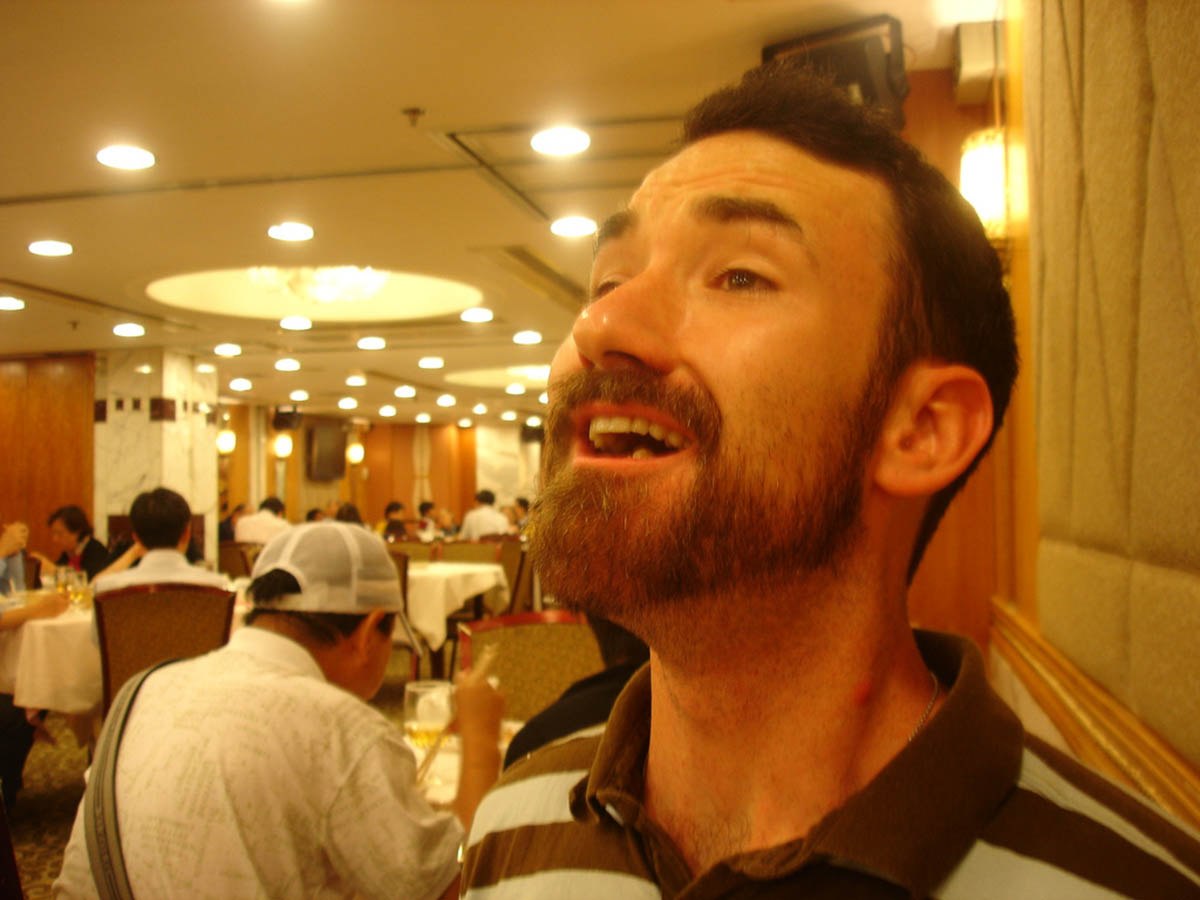Table of Contents
Nutritional Deficiencies: A number of nutritional deficiencies like those of vitamin B12, vitamin B6, Vitamin b2, vitamin C and others affect the oral structures in many ways including inducing a burning sensation.
Chronic trauma: A sharp cusp of a tooth or an ill-fitting denture can result in repeated trauma to the same place. The increased amount of stress localized at one point can also cause a burning sensation in the mouth.
Side effects of medication: Medications that are being used for the treatment of hypertension, in particular ACE inhibitors, are known to cause a burning sensation in the mouth as an uncommon side effect.

Nerve damage: Nerves supplying the tongue, gums and palate can suffer damage and cause a misinterpretation of the signals being sent to them. Some patients perceive a burning sensation in their mouth due to nerve damage.
Psychological Reasons: Patients with a history of depression or anxiety have been shown to be much more likely to suffer from burning mouth syndrome. This diagnosis though should be made with caution since patients can sometimes take offense. It is better to have a psychiatric evaluation done before coming to this conclusion.
Diagnosis
A thorough medical history and medical examination are the keys to reaching a diagnosis, although there are some tests that could be ordered as well. These include a complete blood count, biopsies and a test to detect any potential allergies.
Treatment
The kind of treatment that is provided to patients suffering from burning mouth syndrome varies widely. Not all patients will showcase the same symptoms or potential causes, hence, they will also receive different treatments.
If there is a detectable cause like dry mouth or fungal infection then those will be treated with appropriate steps and medication. Commonly, however, no cause is detected. In such cases, doctors can use antidepressants, a combination of antimicrobial drugs, vitamin supplements, and topical steroid applications to see if the symptoms reduce or are treated altogether.
A lot of patients have tried alternative medicine as well to look for relief from their symptoms. These methods include everything from homeopathy, to Ayurveda, acupuncture and spiritual healing. Since these fall outside the purview of conventional science, they have not been tested to the same exacting standards. Most of their evidence is anecdotal which should be taken with caution. That being said, if a patient finds relief through any of these therapies, they should continue the successful therapy.
READ Suffering From Dry Mouth? What You Need To Know
Conclusion
Burning mouth syndrome is a syndrome that tests the patience of everyone involved. As doctors and family members, it is important to not appear flippant and dismissive of the patient’s complaints. The condition is treatable and once a good control strategy has been devised for the patient, they will be able to live their life without compromises.
- www.mayoclinic.org/diseases-conditions/burning-mouth-syndrome/home/ovc-20179959
- www.colgateprofessional.com/patient-education/articles/burning-mouth-syndrome
- Photo courtesy of katietegtmeyer: www.flickr.com/photos/katietegtmeyer/3413361556/
- Photo courtesy of academik: www.flickr.com/photos/academik/2522093405/
- Photo courtesy of academik: www.flickr.com/photos/academik/2522093405/

